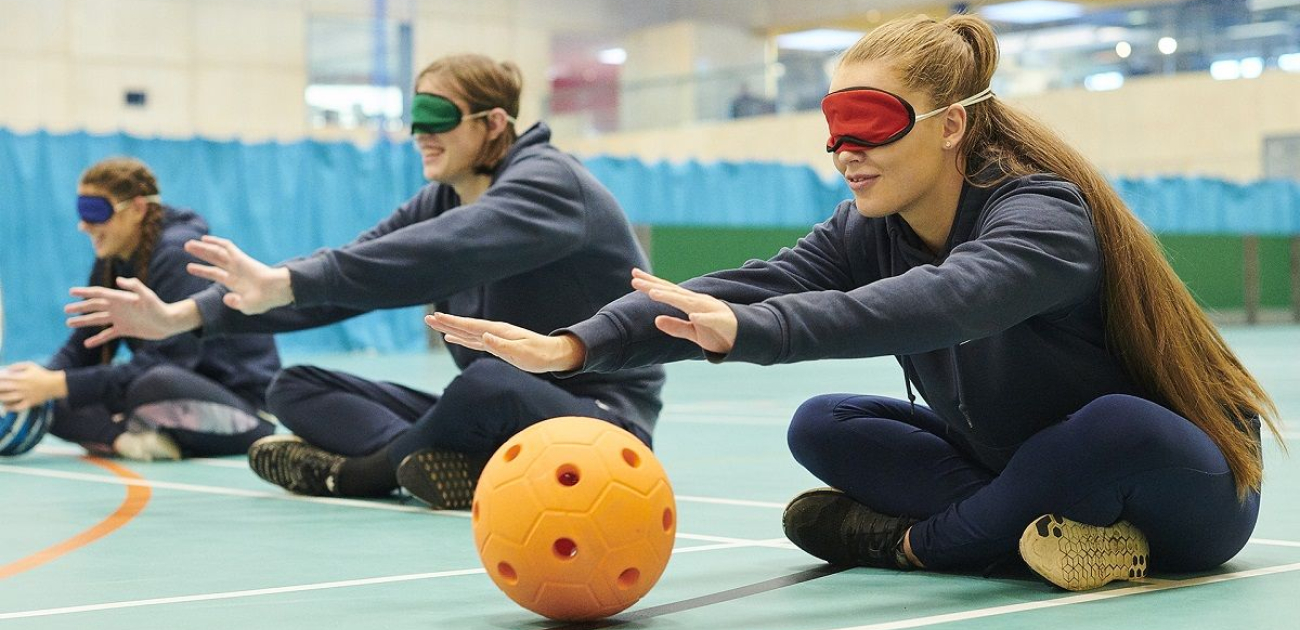Paraguayan Futechanchada
The trouble that Ronaldinho Gaúcho was in, may be clarified; or not. Whatever the outcome, however, indelible marks will be left on it, its surroundings and the country. After all, he is officially an ambassador for tourism and, for what he did on the field - according to Tostão, he is the player who came closest to Pelé - a hero of the mythical Brazilian football.
Neymar, another player who has already carved his name in history, stars and collects controversies that shake his postulation as prince of football. In fact, the erratic pattern of conduct contributes to the formation of an unfriendly and unconcerned image with his position as a natural ambassador of Brazilian football and of the country.
Adriano abandoned his post as emperor, at the height of his career - but still far, far from his end - and embraced the life that, probably, the hard training routine had deprived him in his youth.
These are just a few examples of athletes who, despite their private or public problems, have managed - and succeed - in different ways, to maintain, in some way, the strength of their names.
All of them could - and in the case of Neymar, still can - be bigger than they were - or are.
There are other groups of players who, despite having achieved fame, including international, succumbed to the temptations that came to them and, with the exhaustion of the capacity for professional performance, did not know how to preserve the achievements accumulated throughout their careers.
Muller, the striker who collects three world titles - two for São Paulo and one for the Brazilian team - and two Libertadores, unfortunately illustrates this situation, which is repeated, with frightening frequency, at all levels of football.
In fact, an analogous episode was narrated with melancholy poetry by Ugo Giorgetti, in his fundamental Boleiros: there, the character Paulinho Majestade, a former Santos player and, at the same time, a prodigal, reaches the end of his career only with his dignity , having lost, for life, all material conquests.
It cannot be denied that there are, in the career, examples of people who were as successful or better off than on the field.
Even so, and avoiding the easy subterfuge of standardization, it cannot be denied that, contrary to what happens in other careers, the social demand, in relation to the sportsman's educational level, in general, is quite different - and reduced .
The problem is that, in this sector of activity, the Bible verse fits like no other, perhaps: indeed, many will be called, but few will be chosen. Renegades, in general, do not plan alternative situations; football is the only solution.
Those that persist, on the other hand, precisely by directing all energies towards a single objective, are absorbed by the system and, from there,, as a rule, become parts of a game in which they have no conditions - or interest - of resist.
The greatest example of the passivity and inertia of the class is the outcome of an important movement of valorization of the profession, which became a page in history: common sense, idealized and led by the player Paulo André at the time.
Thus, it gets to the heart of the matter: the football environment, perhaps more than the other environments that make up the social fabric, lacks an educational program that, more than just athletes, trains citizens; citizens who can deal with disappointments, no doubt, but who are also prepared to face success.
The action, in a country with the characteristics and inequalities that Brazil has, will not be motivated, definitely, by the private agents - among them the clubs themselves - who, in fact, take advantage, on the one hand, of the educational asymmetry and, on the other, they became hostages (and enablers) of the system, usually for their own benefit.
It is not up to the State, it is important to stress, to interfere in the rules of the game, nor to act as financier, through subsidies, of an undeniably economic activity.
However, it is up to him to establish public policies, aimed at the training and education of a relevant portion of the population that, directly or indirectly, bets all his hopes on a career linked to football.
That is why: sport, especially football, can, with an appropriate policy, become the catalyst for the social and economic transformations that the country needs to establish itself as a nation.
Do you want more information?
 Rodrigo Monteiro de Castro
Rodrigo Monteiro de CastroRodrigo Monteiro de Castro is specialized in corporate and business laws, corporate transactions (M&A), capital markets and contracts.
